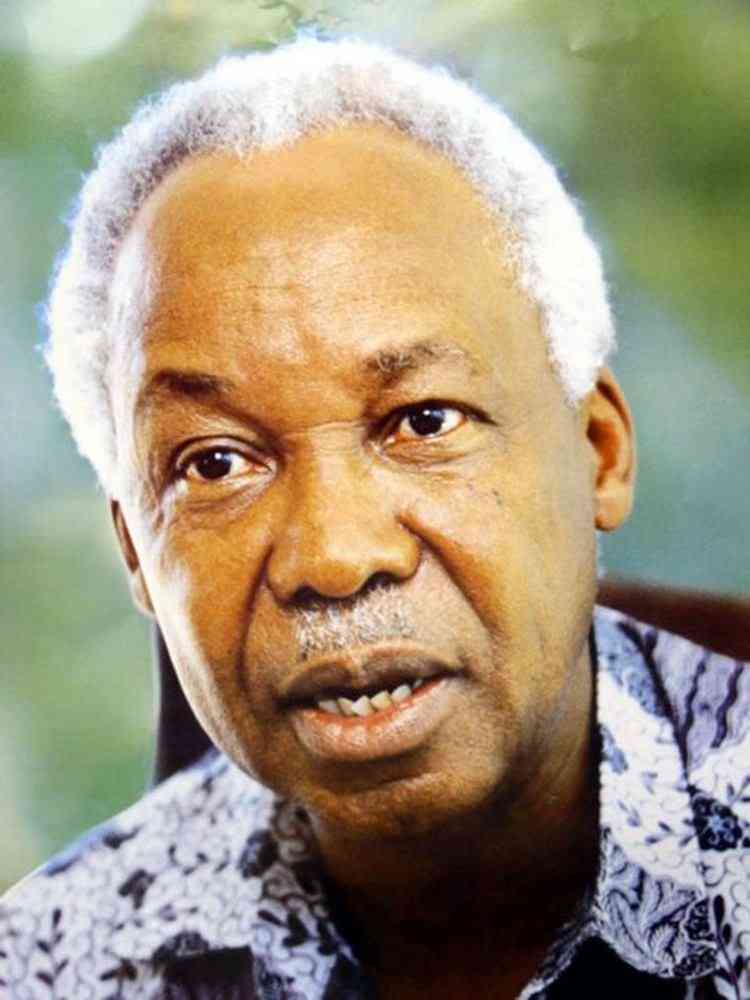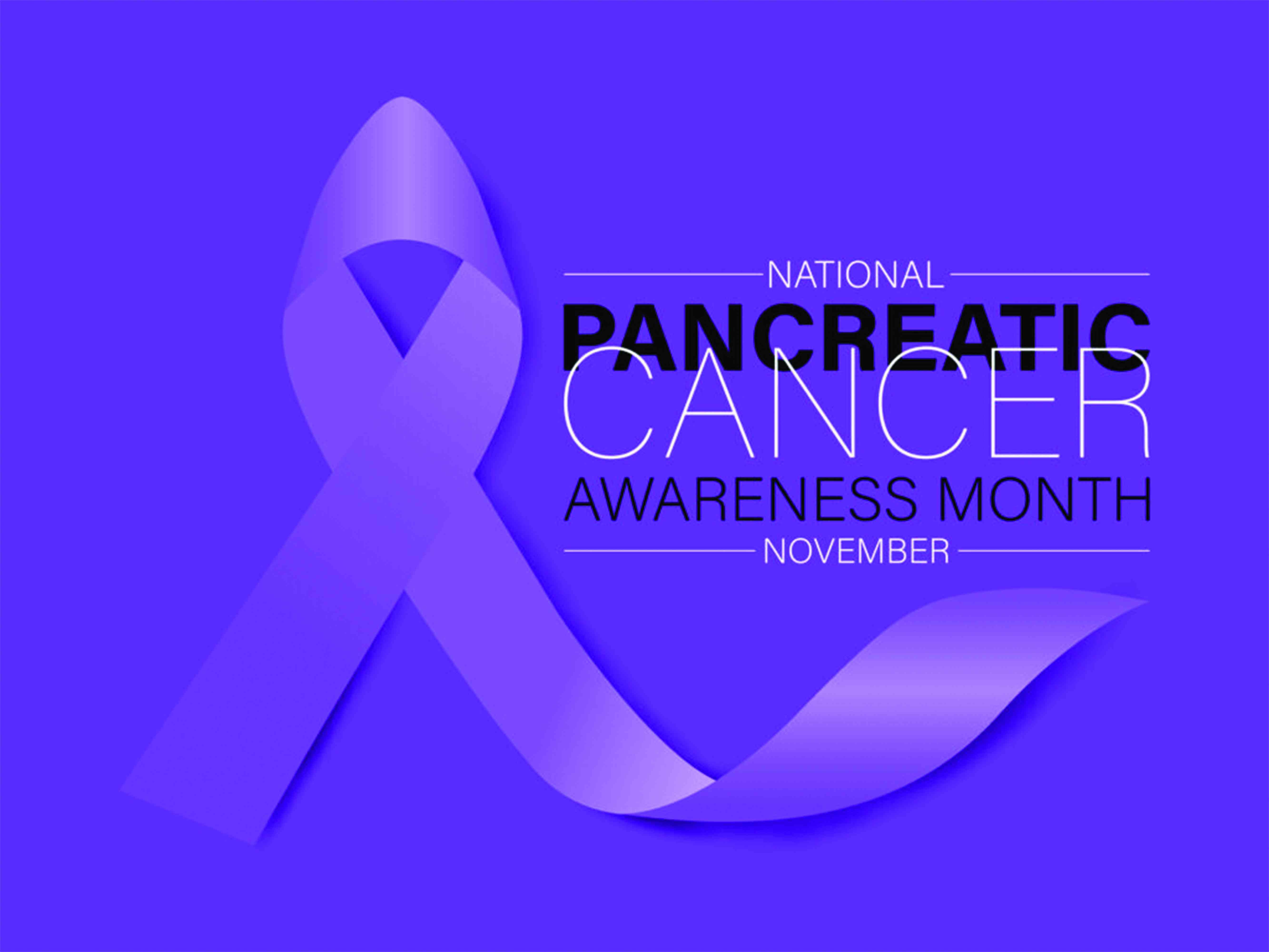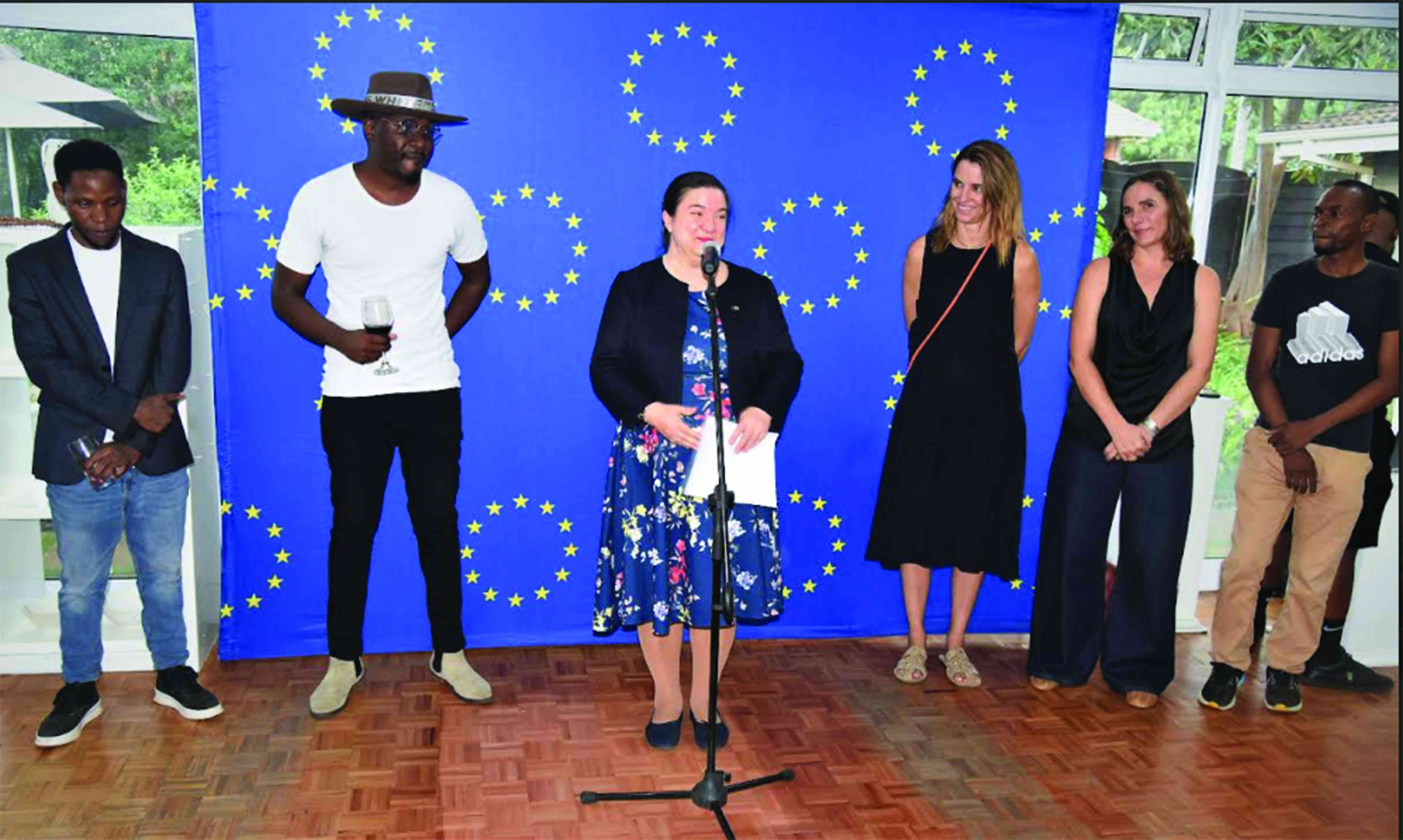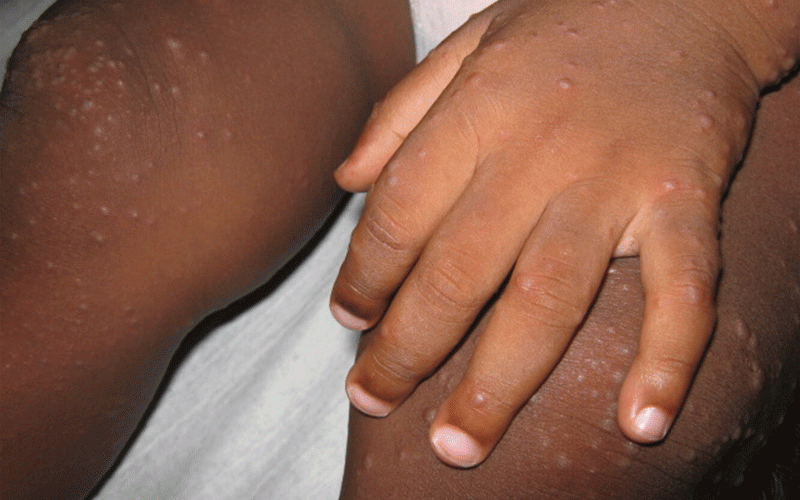
The people of the east coast of Africa first came into touch with Arabian traders many centuries ago, which led to the development of the Swahilu language. Swahili was created as a linguistic franca by numerous closely related Bantu-speaking tribal groups under the influence of the Arabs.
The Swahili language’s precise ancestry is unknown. About 3 000 years ago, a large-scale migration of members of the Bantu linguistic and cultural group began from the western parts of Africa. Bantu languages are at the heart of Swahili, but Arabic has had a significant influence.
Where did ancient Swahili exist?
The Swahili Coast, a tiny strip of land that spans along Africa’s eastern coast from Somalia in the north to Mozambique in the south, has a rich and distinct cultural past.
The Swahili Coast’s first residents were Bantu-speaking Africans who had migrated east from the continent’s heartland. They ultimately spread up and down the coast, trading with one another, with people from the interior, and eventually with people from other continents.
Although archaeologists have discovered evidence of ties between this region and the Roman and Byzantine empires, little is known about the history of the Swahili Coast in the immediate centuries after the Periplus.
Swahili, which originated in East Africa, is one of the world’s ten most frequently spoken languages, with over 200 million speakers, and there is a revived push for it to become the continent’s lingua franca.
Swahili, which borrows roughly 40% of its lexicon from Arabic, was first spread along East Africa’s coast by Arab traders.
- Open letter to President Mnangagwa
- Feature: ‘It’s worse right now than under Mugabe’: Sikhala pays the price of opposition in solitary cell
- Masvingo turns down fire tender deal
- Human-wildlife conflict drive African wild dogs to extinction
Keep Reading
It was later institutionalised as a language of administration and education by the German and British colonial governments in the region in the late nineteenth and early twentieth centuries.
And, while it has previously been discussed as an alternative to English, French, or Portuguese as a lingua franca or as a frequently understood language across the continent, there is now renewed interest.
Swahili has been designated as an official working language by the African Union (AU).
It is also the official language of the East African Community, which the Democratic Republic of the Congo is about to join.
Swahili is mostly and fluently spoken in Tanzania. Other countries like Kenya, Burundi, Uganda, DRC, South Africa, Mozambique, and Rwanda also speak the language.
Swahili was the only African language recognised by the Sadc in 2019. It was soon implemented in classrooms throughout South Africa and Botswana.
Following the signing of an agreement with a Tanzanian university, Ethiopia’s Addis Ababa University will begin teaching Swahili. The University of Dar es Salaam will help with the language study.
Tanzania’s first President, Julius Nyerere, promoted Swahili as a pan-African language in the 1960s, using Swahili to unite his country after independence.
Despite this post-colonial vision and Swahili’s current elevated status, there must be a dose of realism.
European languages remain dominant across the continent, and it will take significant work to change that.
When someone says Asante to you, simply respond with Karibu or Kamwe. It’s now time for Medina’s Insights. If you’re unsure whether to use Asante or Asante sana, keeping things simple is always the best option.
‘Karibu’ translates to ‘You’re Welcome’ and is commonly the reply to ‘Asante’ ‘Tena’ means ‘Again’ used as in ‘Karibu Tena’ which means ‘You’re welcome again/Come again’. This sentence is frequently heard in retailers.
Swahili is "among the ten most widely spoken languages in the world, with more than 200 million speakers," according to Unesco's request to Member States to declare World Kiswahili Language Day in the year 2021.
The United Nations recognised July 7 as World Kiswahili Language Day, the official day to commemorate Swahili.
The UN Educational, Scientific, and Cultural Organisation Unesco made the statement on November 23 during its 41st Member States' session in Paris, France.
Asante Sana. Karibu Tena
- Denhere is an investigative journalist. — +263 773 894 975 or [email protected].











